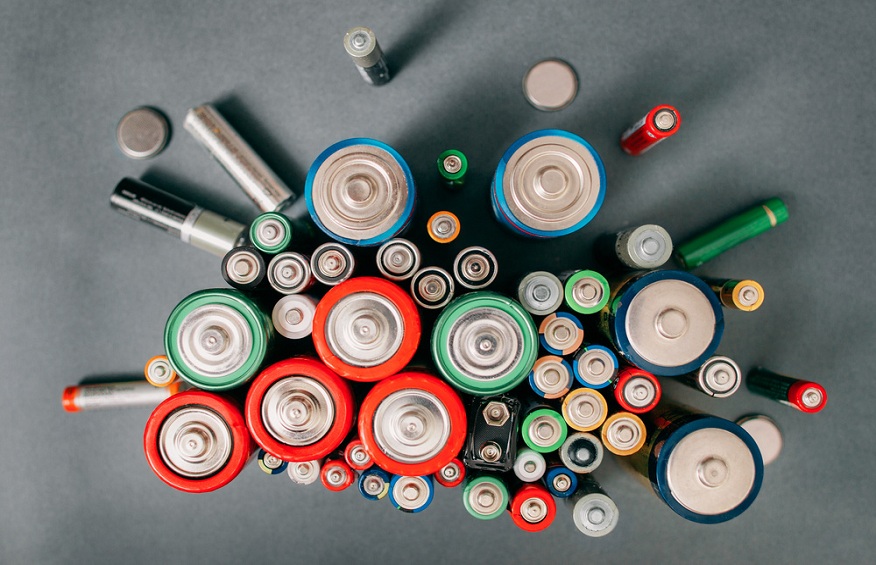Most of us use batteries in some form or other every single day. We use them to power favorite gadgets, keep remotes working, and even help us find our way with our GPS devices. Despite how useful they are though, they don’t last forever and there comes a time when batteries reach the end of their life cycle.

The Dangers of Improper Battery Disposal
You might be questioning why it’s so important to dispose of batteries properly. Well, if batteries are not disposed of correctly then harmful substances such as lead, mercury, and cadmium could leak into the environment. If this happens it can cause serious harm to the environment as these toxic chemicals can and do contaminate earth, water, and air. As you might imagine then, they pose a serious risk for the ecosystem as well as to the well-being of human beings.
Furthermore, batteries that have been disposed of in landfill can pose a fire hazard, endangering both the environment and the lives of sanitation workers. We need to take responsibility and make sure that we are not contributing to these hazards by properly disposing of our used batteries.
Rechargeable vs. Single-Use Batteries: Making the Right Choice
We have a choice of batteries to choose from. For example, rechargeable batteries can be reused many times before reaching the end of their life cycle. In contrast, single-use batteries are meant to be used once and then discarded.
The experts at Pale Blue Earth tell us that USB C rechargeable AAA and other battery form factors can be a more environmentally friendly choice as they ultimately reduce the number of batteries we need to dispose of. However, they too must be discarded correctly when no longer holding a charge. Remember, all batteries, whether rechargeable or single use, have the potential to harm the environment if not disposed of properly.
How to Dispose of Batteries Properly
Now that you know what the risks of improper battery disposal are, let’s look at the best way to get rid of them:
Identify the type of battery: Before disposing of a battery, it’s important to determine the type. The most common types of household batteries are alkaline, lithium, and nickel-metal hydride (NiMH). Each one has a different disposal method.
Locate a recycling center: Many towns and cities have designated recycling centers where used batteries can be dropped off. Look online or check the local waste management facility to find the nearest center that accepts the type of battery you want to get rid of.
Prepare the batteries for recycling: Some recycling centers require you to tape the terminals of lithium and NiMH batteries to prevent fires caused by accidental short-circuiting. Be sure to check the specific requirements of your recycling center.
Safely transport the batteries: When you are ready to take the batteries to the recycling center, place them in a sturdy, non-conductive container such as a plastic bag or a cardboard box. This prevents any accidental short-circuiting while you transport them.
Spread the word: Encourage friends and family to properly dispose of their batteries as well. The more people who participate in responsible battery disposal, the greater our positive impact on the environment.
Conclusion
Properly disposing of batteries is a simple yet key step in ensuring a healthy environment for both us and future generations. Understanding the dangers of improper battery disposal and taking the necessary steps to recycle them means we can all do a part and contribute to a cleaner, greener world. The next time you find yourself with a depleted battery, remember the importance of correct disposal and do your part in protecting our planet.
